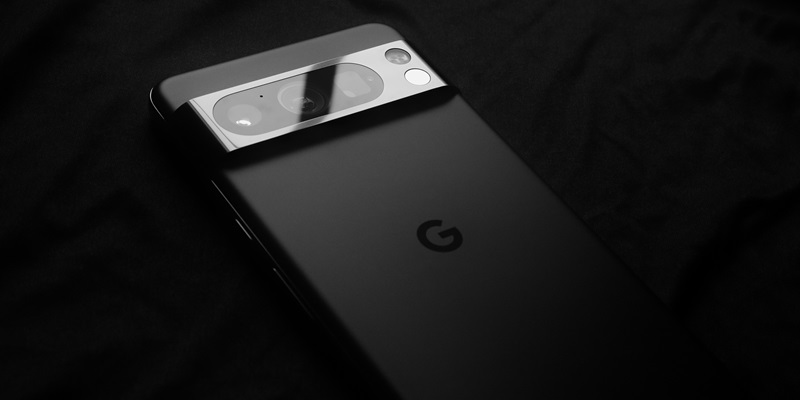Google’s launch of the Pixel 8 series, including the Pixel 8 and Pixel 8 Pro, marks a significant leap in mobile AI technology. Moving beyond conventional uses, these smartphones harness the power of Gemini Nano AI to offer a transformative user experience. Far from mere upgrades, the Pixel 8 devices are a testament to the immense potential AI holds in personalizing and enhancing every interaction with our mobile devices.
Each Pixel 8 is designed to be not just a tool for communication but a smart companion that understands and anticipates user needs. The artificial intelligence integrated within these phones goes beyond previous models, making them pioneers in a new era of intelligent technology. Google’s commitment to innovation is evident in every aspect of the Pixel 8 series, setting a new standard for what we expect from our handheld devices. With these advancements, Google clearly aims to redefine what a smartphone can do, establishing the Pixel 8 series as the new benchmark in the industry.
Advanced AI Integration
The Pixel 8 series heralds a leap forward in the seamless integration of AI. Gemini Nano AI doesn’t just support the device; it elevates it. From predictive text to advanced photography techniques, the AI understands and anticipates user needs in a manner that feels almost uncanny. For instance, photography enthusiasts are amazed by Night Sight Timelapse, which allows for spectacular low-light photography that was once the domain of professional cameras. This AI-driven feature adjusts exposure, color, and contrast with astonishing precision, ensuring that not a single moment is lost to darkness.
This integration extends to regular device interactions, too. The Recorder app on the Pixel 8 Pro, for example, can now not only record but also interpret live audio with remarkable accuracy. Even more, Gemini Nano AI facilitates a Gboard experience that actively contributes to conversations with intelligent, contextual suggestions. This type of interaction was once a distant dream, but Google is making it a daily reality, turning the Pixel into an extension of our thoughts and an assistant that truly understands what we need before we do.
Future-Focused Features
Google’s Pixel 8 series sets new industry standards with a seven-year commitment to software support, surpassing rivals like Samsung. This longevity ensures that Pixel 8 devices remain contemporary, benefiting from consistent improvements. Beyond long-term relevance, Google’s integration of AI throughout the Pixel 8 enriches the user experience. This AI isn’t merely for show, it’s designed to become a seamless part of daily life, adapting to individual preferences and learning to better serve its user over time. As a result, the Pixel 8 becomes more than just a smartphone, it’s a dynamic companion that evolves with its owner. Google’s initiative with the Pixel 8 exemplifies its vision to revolutionize AI’s role in mobile technology, heralding a new phase where smartphones are interactive partners, continually adapting and growing smarter.

